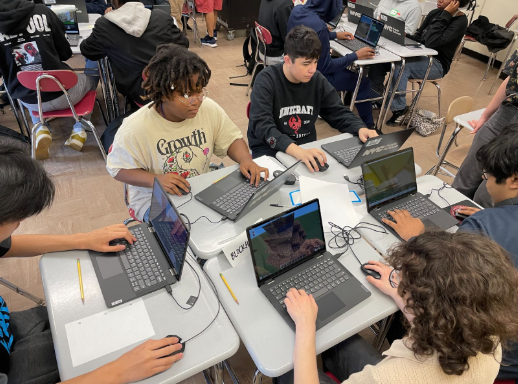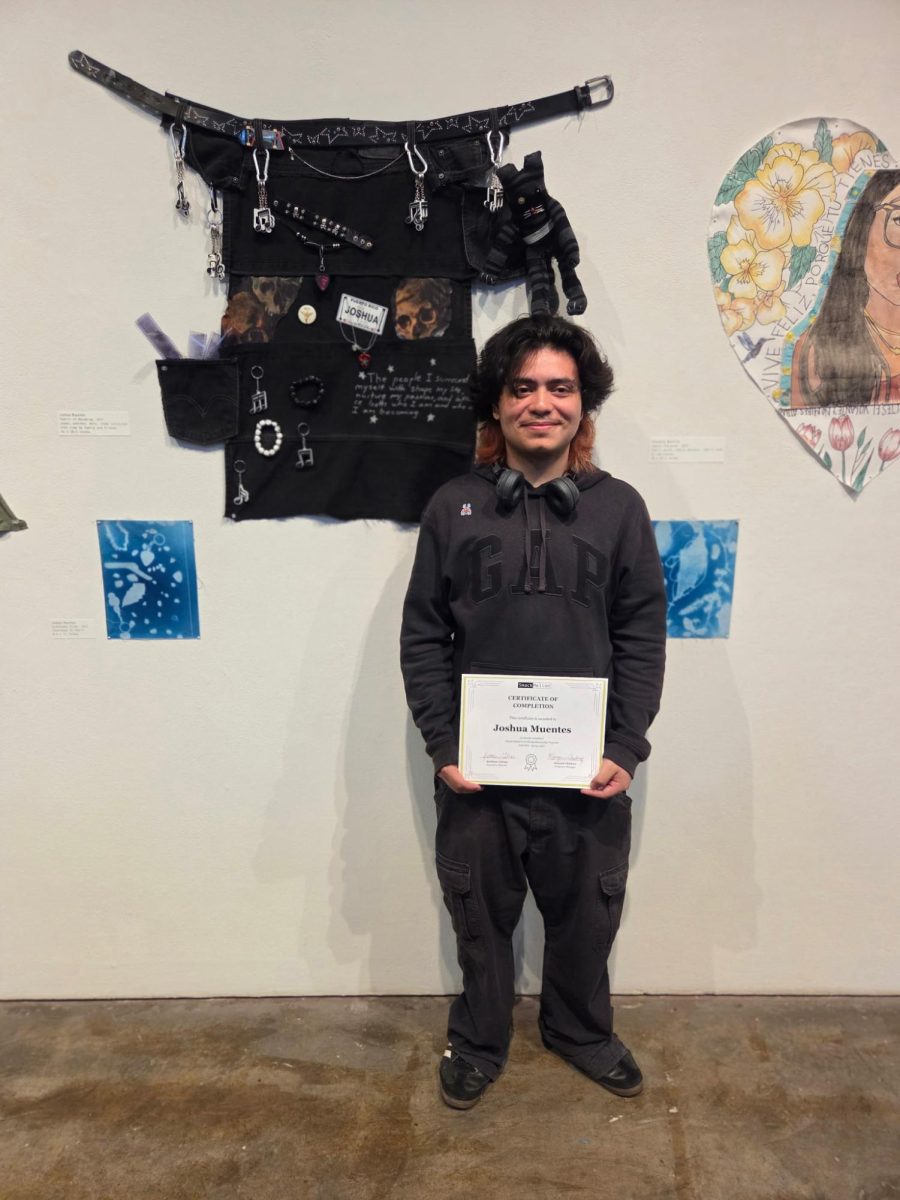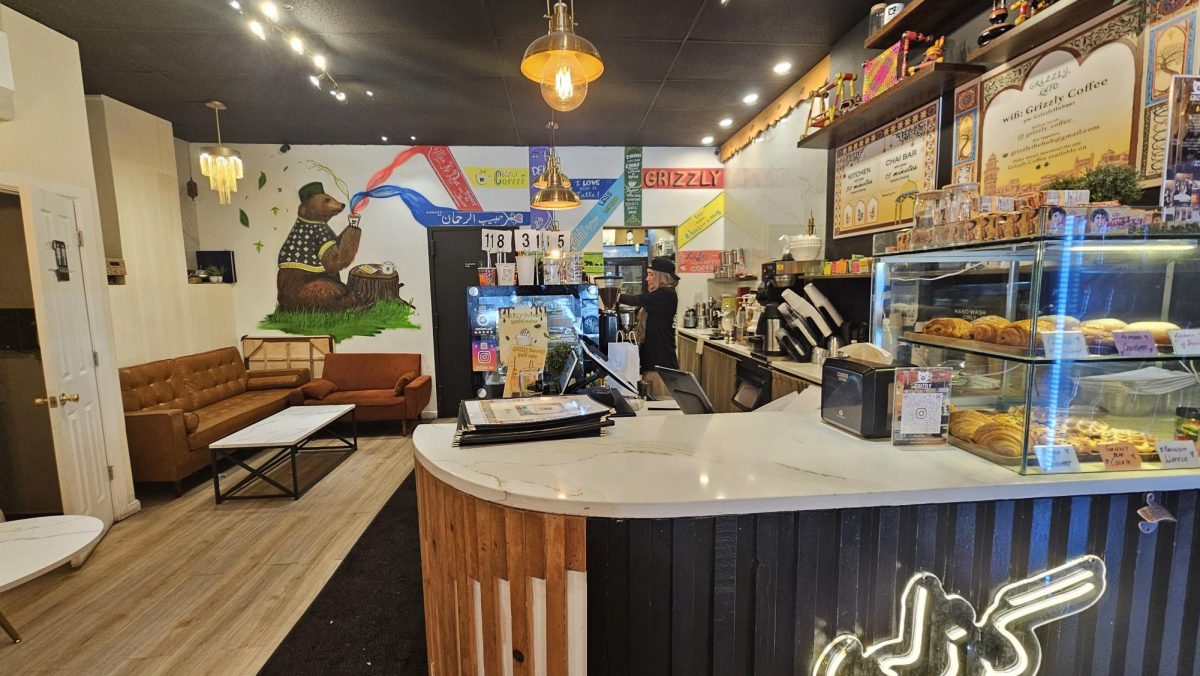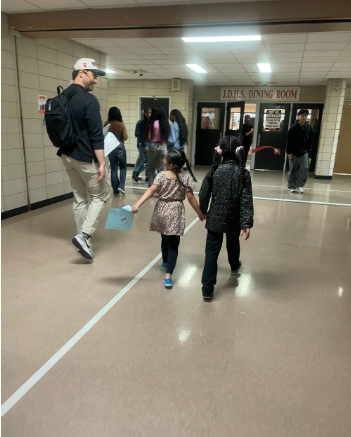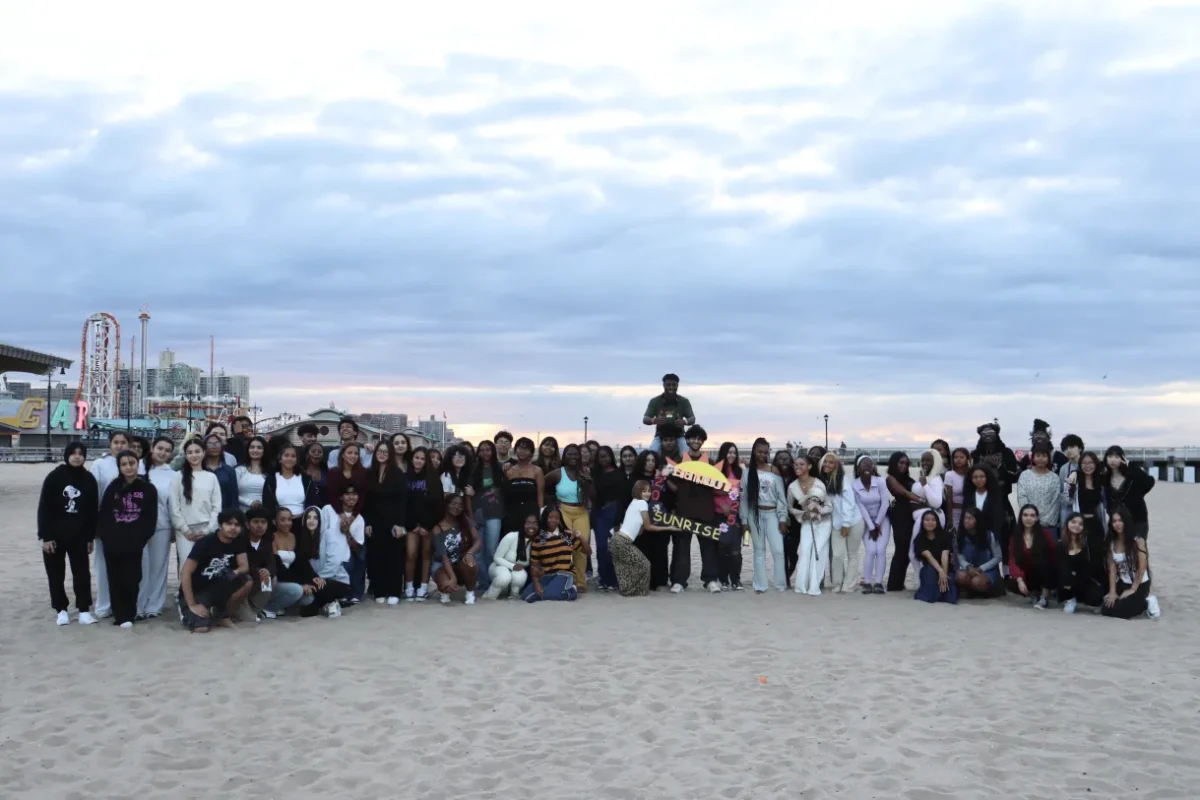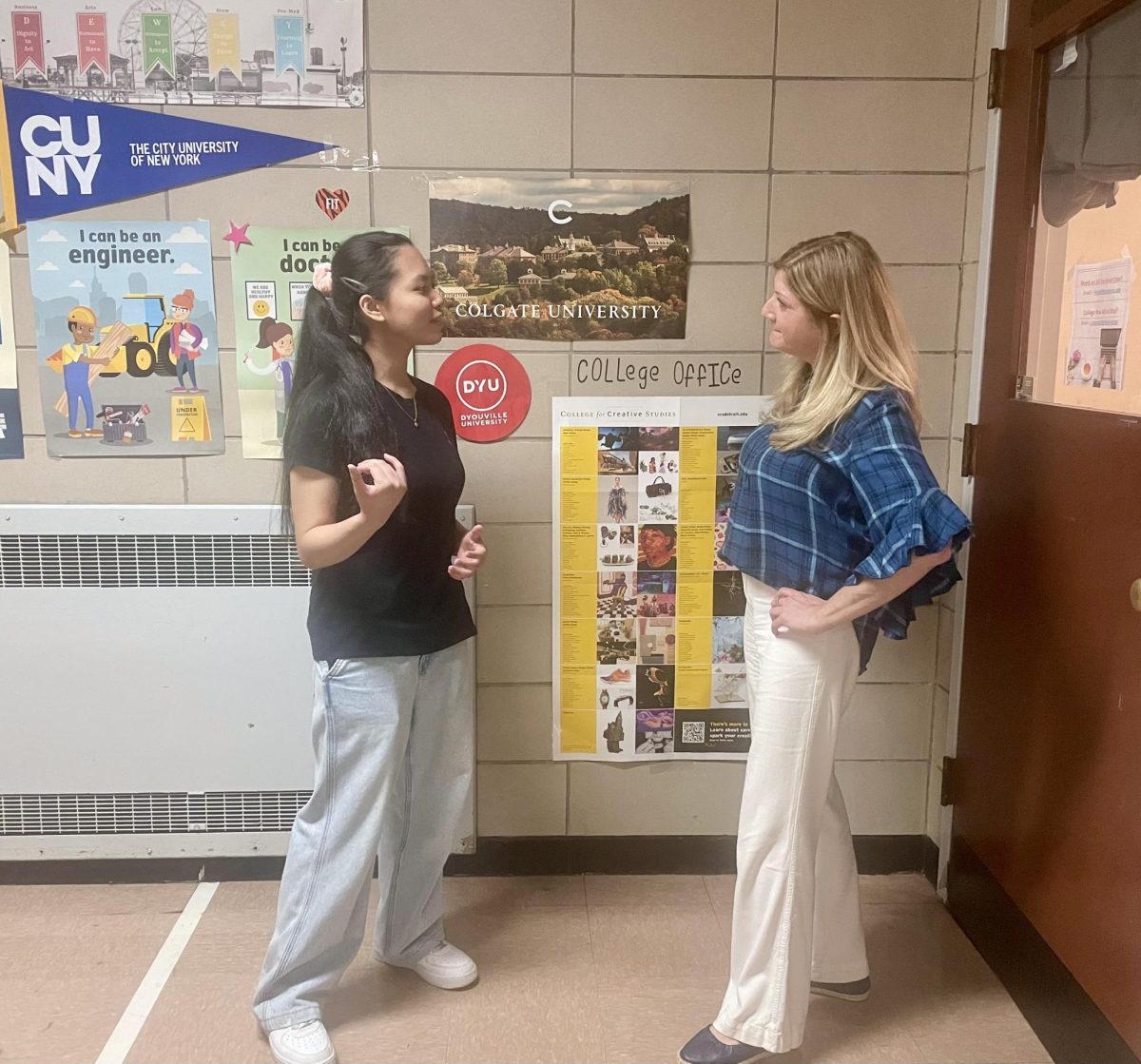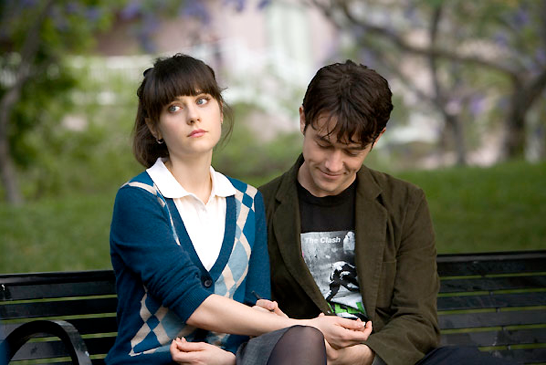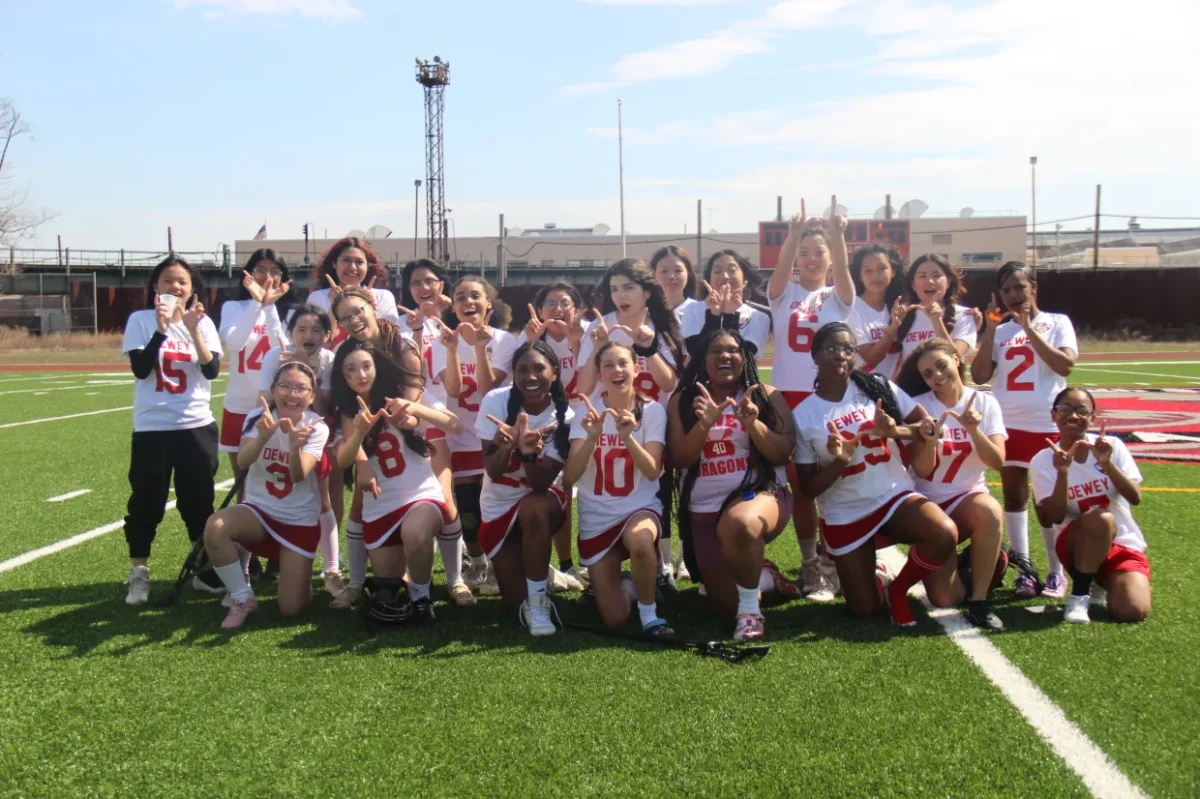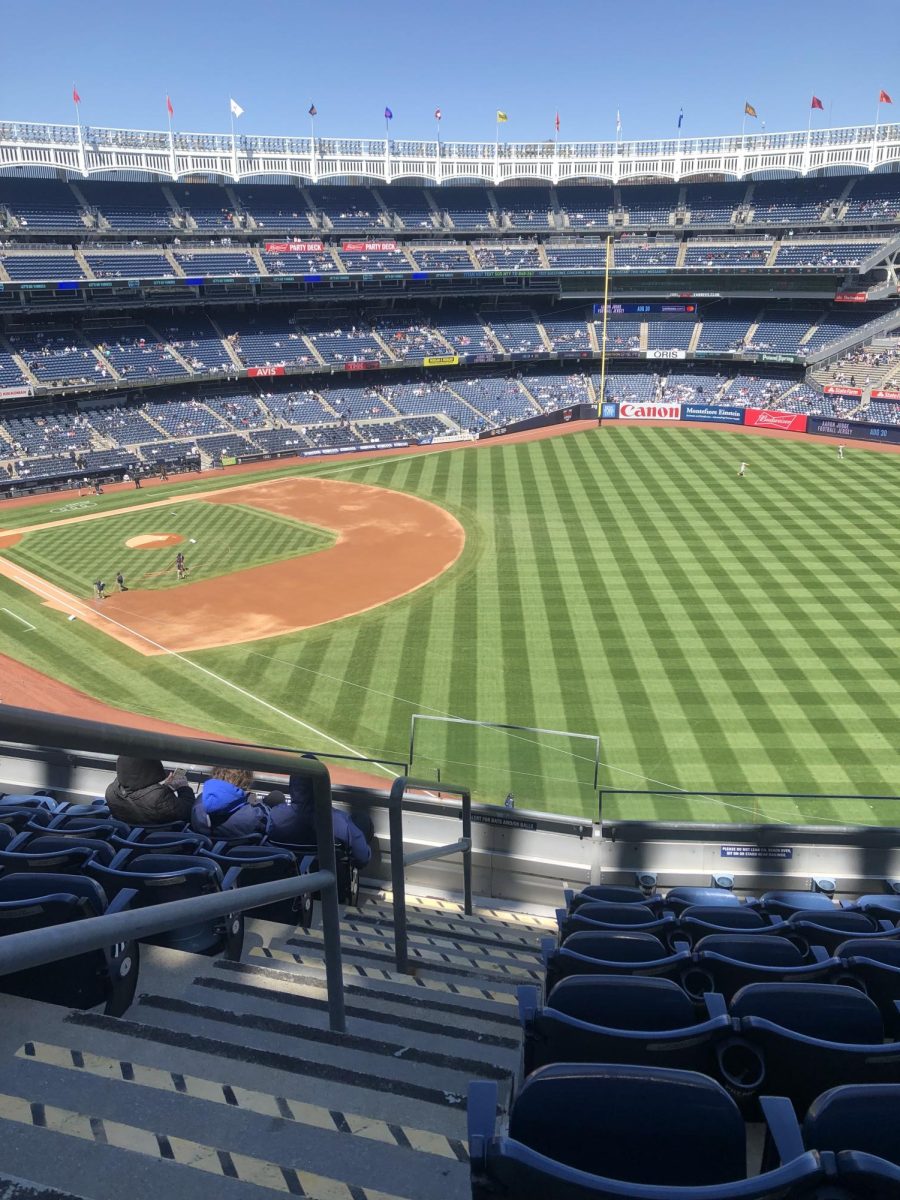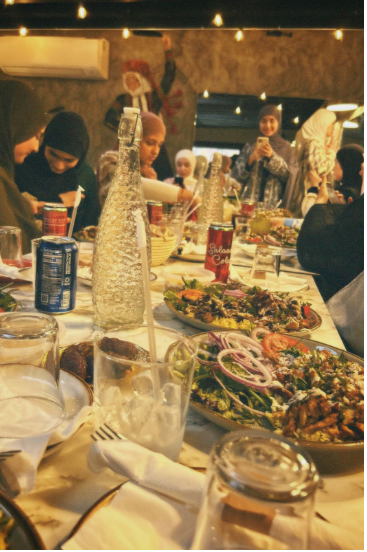
What is Ramadan? Ramadan occurs in the ninth month of the Islamic calendar and is the holiest month in Islam. During this time, Muslims fast every day from sunrise to sunset. Ramadan is the month of forgiveness and peace. It is a time of discipline where you aim to wipe away years of sin. Fasting in Ramadan is one of the Five pillars of Islam, which are the main beliefs and practices of the religion.
Muslims believe that during this month, Allah revealed the Quran, the holy book of Islam, to the Prophet Muhammad. This happened on the night called “ The Night of Power,” when Prophet Muhammad learned that he was chosen to spread Allah’s message. It is also believed that during Ramadan the doors of heaven are opened, and the doors of hell are closed.
Ramadan 2025 is thought to be the easiest Ramadan yet. The Islamic calendar is based on the lunar cycle which is shorter than the solar cycle. Because of this, Ramadan shifts earlier by around 10-11 days each year on the Gregorian calendar.
“…I felt that the daylight was shorter which was nice because by the time I finish school, it’s almost time for iftar.” Maram Mohamed, a senior, said.
Since Ramadan takes place earlier in the year, the daylight hours are typically shorter in many areas leading to shorter fasting periods. Depending on the weather as well, earlier Ramadans may happen during colder or moderate weather making it more comfortable.
“The weather of course does help me a lot with fasting. When it’s cold, I don’t really feel as thirsty or tired.” Mohamed said.
Other Muslim students at John Dewey celebrate by gathering for an annual iftar.
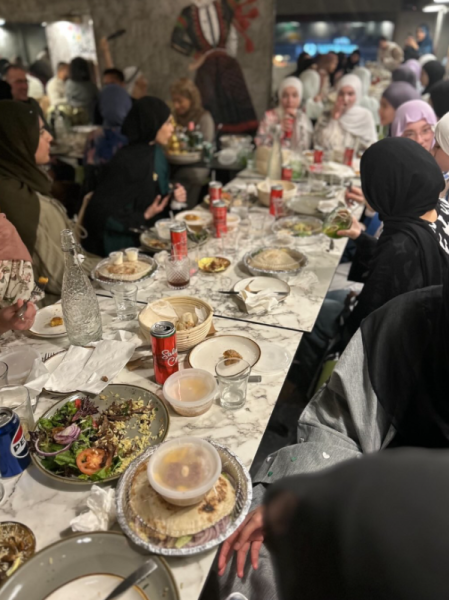
Food, drink, and good conversation fill the room at MSA’s Iftar on March 14, 2025.
The Muslim Student Association in JDHS has an iftar every Ramadan. Iftar is the meal Muslims break their fast with at sundown. This year they hosted their third iftar on March 14, 2025.
The location changes every year. People who’d like to attend are required to fill out a survey as well as any guests interested. If people show up without filling the survey, they are liable for their own food costs but are welcome to sit with the group if seats are available.
Hosting an Iftar gave Mr. Rahim and his students a chance to connect, reflect, and share a meal in the spirit of Ramadan. “It wasn’t just about breaking our fast, it was about renewing our commitment and strengthening our faith,” he said.
Finding the right restaurant and balancing student schedules was a challenge, but most were able to attend. The highlight for him was creating meaningful memories. “If I can play even a small role in inspiring my students, I’m grateful.” Moving forward, he plans to have students order food upon arrival to avoid last-minute changes.
Mr. Abdalla, a school dean, faces some challenges as well. His biggest concern is the sleep schedule. Because he sleeps at midnight and isn’t able to go back to sleep after suhoor and fajr (the morning prayer), he’s only able to sleep for about four hours.
“The biggest problem in Ramadan is the sleeping, I probably go to sleep at midnight and then my wife wakes me up at like 4 or 5 because now the hours have changed. So I sleep only four hours a day.” he said.
Ramadan is overall a time of spiritual reflection for muslims. It is a blessed month filled with prayer, fasting, and the remembrance of Allah’s revelation of the Quran to Prophet Muhammad. It gives muslims a chance to practice self-discipline, renew their faith, and seek forgiveness.

